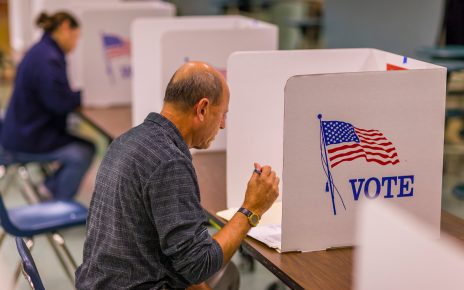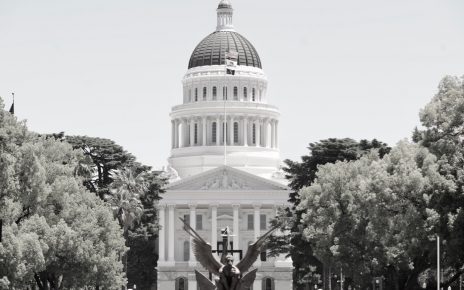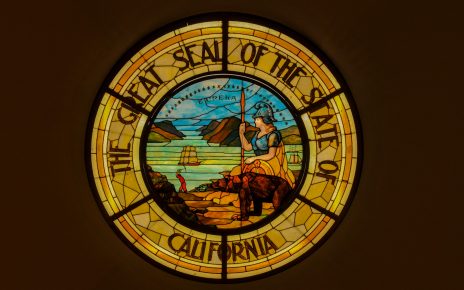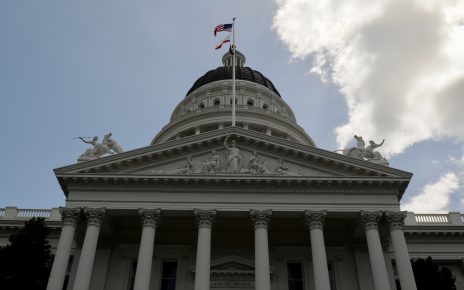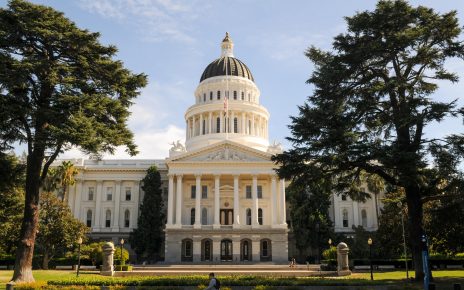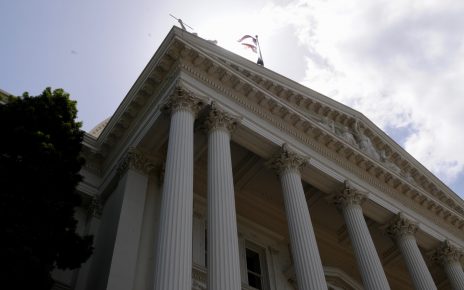Is Voting Secret in California?
California’s Constitution, in Article II, Section 7, requires that voting be secret. What does that mean? This constitutional requirement is also captured in the Voter Bill of Rights, which is found in Government Code Section 2300. The Voter Bill of...

